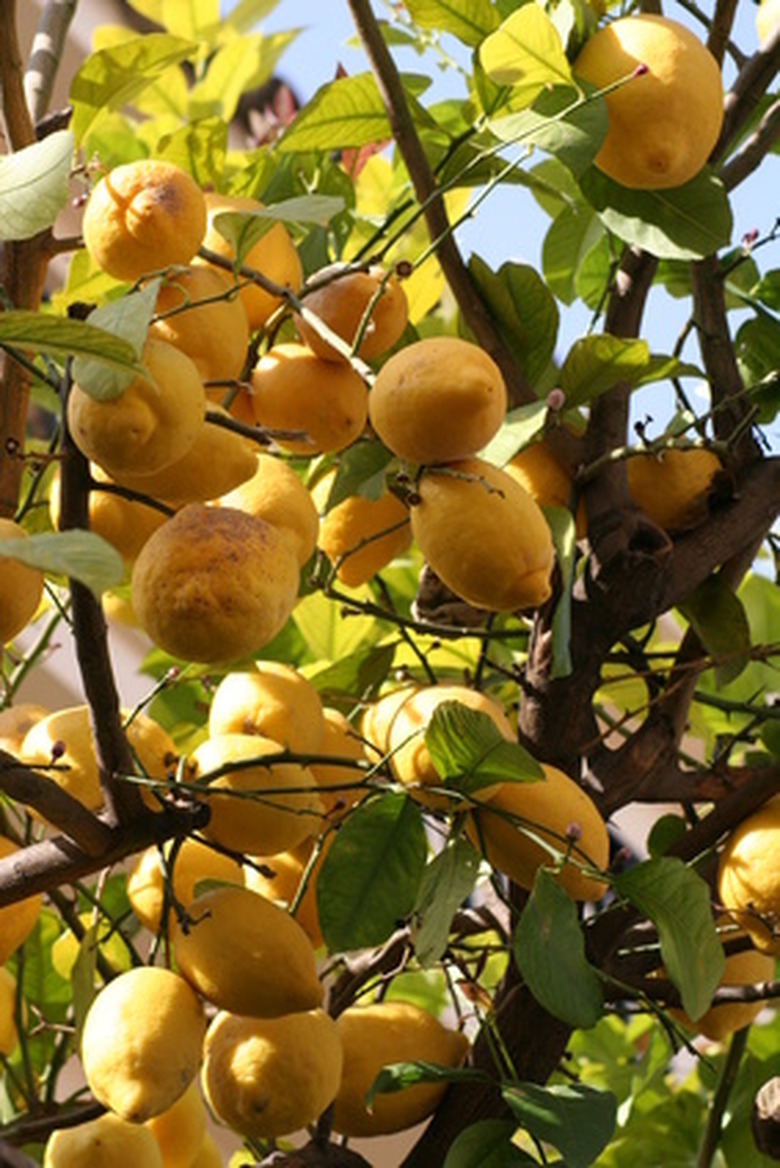Dry Fruit On Citrus Trees
Oranges at the peak of season just burst with juicy sweetness. Unfortunately, as you pull back the peel and your mouth is watering for that juicy orange slice or grapefruit wedge, sometimes all you get is a dry, pulpy mess. According to University of Florida Extension, several factors can cause dry citrus fruit, but many are preventable.
Overripe Fruit
Up to a certain point, the longer citrus is left on the tree to ripen the sweeter it gets. However, leaving the fruit on the tree too long, will cause the fruit to over mature and become dry. Pick fruit as it ripens.
Improper Irrigation
A lack of water can cause dry fruit. Citrus trees need deep watering–watering that saturates the soil at least 3 feet deep–regularly but infrequently. During dry times, young citrus trees should get a deep watering every five to seven days, mature trees, trees over three years old, every 14 days. To avoid over watering, allow the top inch of soil to become dry before watering again.
- Oranges at the peak of season just burst with juicy sweetness.
- However, leaving the fruit on the tree too long, will cause the fruit to over mature and become dry.
Rootstock
Many citrus varieties do not grow well on their own root system. To combat this problem, trees are budded on stronger, better-adapted rootstocks. However, dry fruit can occur when citrus trees are grown on a vigorous rootstock. Be sure to ask about rootstock when purchasing young trees.
Young Trees
Immature trees often produce dry fruit during their first years of production. Some varieties such as navel oranges and tangerines may not produce juicy, sweet fruit within the first three to five years. As the tree matures, the fruit will become juicier.
- Many citrus varieties do not grow well on their own root system.
- However, dry fruit can occur when citrus trees are grown on a vigorous rootstock.
Warm Fall Temperatures
Dry citrus fruit is also associated with a long, warm fall season. Citrus need cooling temperatures to begin the final stages of ripening such as changing color. If summer temperatures last into the fall months, ripening is delayed and fruit will become overly mature inside without showing signs of ripening on the outside
